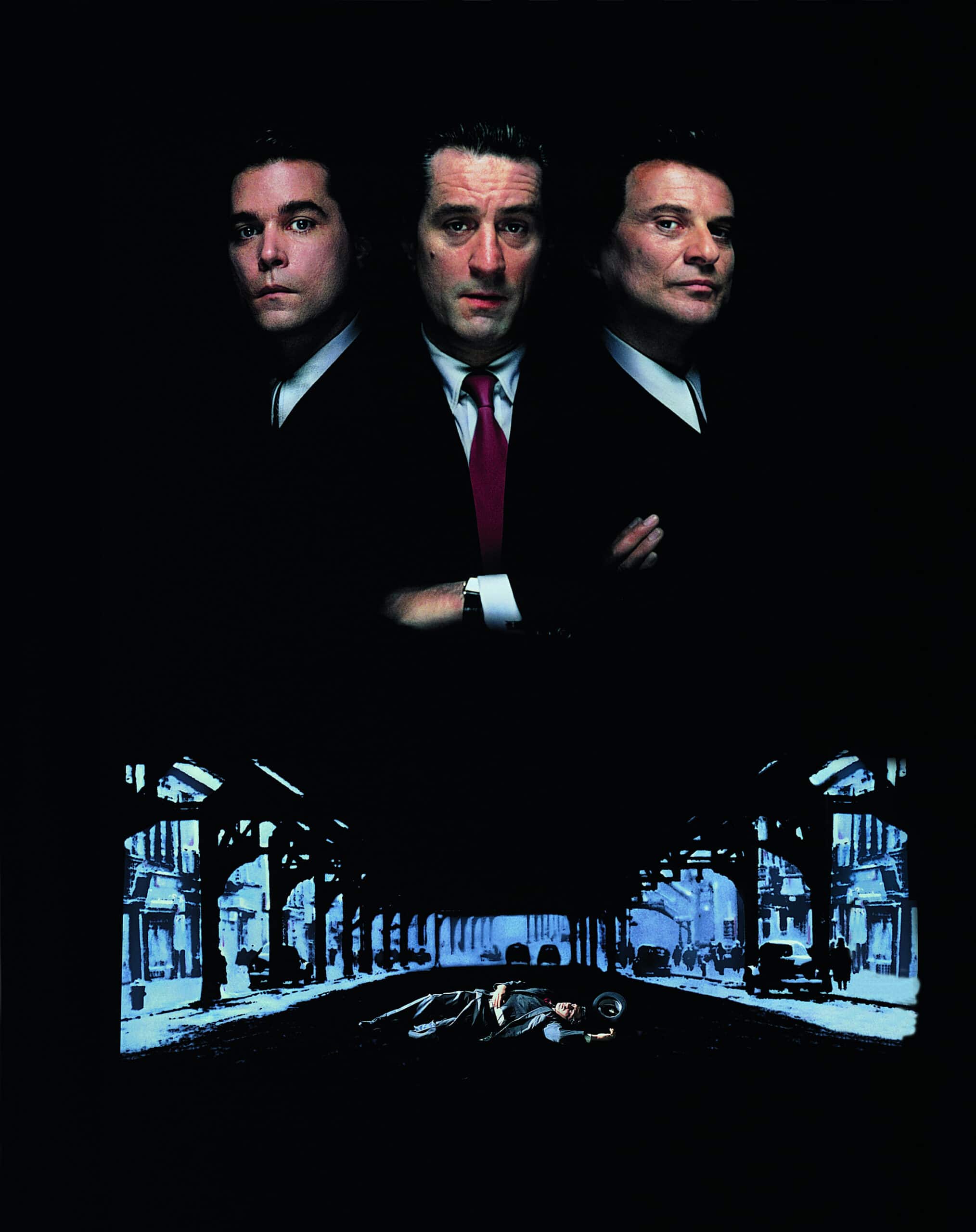
A24 have emerged from relative obscurity to take on the Hollywood bigwigs (and release a modern classic or two) in just a few short years. Amy Smith looks at their meteoric rise, and what might be next for the ever-popular production company.
Whenever you hear the word “Disney”, you know what sort of film you are going to get: an entertaining blockbuster hit that is suitable for the whole family. This has remained true throughout the years, with each of their divisions having a clear family-friendly audience and a key focus on making huge blockbusters and, in return, billions of dollars. All other distribution companies have struggled to make a clear name for themselves as a brand. Well, until recently, with the ermergence of A24.
Founded in 2012 by Daniel Katz, David Fenkel, and John Hodges, A24 is an American independent entertainment company which has become beloved by those in the film community. As of 2019, the company has received a total of 25 Academy Awards, and have won some of the major statues, including Best Picture for Moonlight in 2017.
With several other independent-focused distribution companies, such as Annapurna Pictures, struggling to find a market for their films and going near-bankrupt despite minor hits such as If Beale Street Could Talk and Booksmart in their catalogue, how is it that A24 have managed to suceed commercially, and also become a critical darling? Well, I have four factors to consider here.
1. Quantity
In recent years, A24 has distributed 18-20 films per year. In comparison, Annapurna Pictures and other companies such as Regency manage 4-6 movies every 12 months. To release so many films in a calendar year, and spread the releases throughout the year equally, means that A24 are consistently in the public eye in comparison to other companies. As long as the quality is there for the films, releasing as much as you can keeps up the buzz.
2. Control
Factor number two is control, both on the business and creative side of the industry. Unlike other distribution companies which share responsibilities for distributing and producing films, A24 are usually in complete control of their films. Whilst Annapurna co-produces films and allow another company, such as STX Films, to release their films, A24 for the most part will produce and distribute their own films with as little help as possible. This not only helps cement the films as their brand, but helps establish them as a company which is independent and knows exactly what they are doing.
In terms of the creative side of the industry, A24 have their own website which allows their fans the opportunity to interact with them. They also host their own podcast, on which they invite the stars and directors of their distributed films to talk about their projects. On their website, they run a merchandise store, where they create (and sell) custom products based on their most popular films. Some of these items go for a lot of money, and at items are often marked as ‘Sold out’ on the site. The success of the store (which includes A24-branded items, mainly) indicates the rise in popularity (as well as major profits!) of A24.
With successes from award-winning drama pieces to daring and risky horror films, A24 give filmmakers the freedom to realise their vision.
3. Variety
Some companies like to create a certain style and tone for every film they release. Not A24. With successes spanning several genres, from award-winning drama pieces to daring and risky horror films, they’re able to give filmmakers more control over their movies, not allowing any agenda or target audience define their creative choices and, instead, focusing on releasing high-quality films and getting word of mouth out there for their films.
4. Quality
A good brand begins by having good content linked to their company, and A24 certainly has that. Most of those films mentioned in this article are different to one another in terms of target audience, genre and tone, but what they share is high-quality filmmaking.
It is down to the co-operation and ethos of A24 that talented young directors such as Lulu Wang (The Farewell), Ari Aster (Hereditary) and Bo Burnham (Eighth Grade) have not only been able to make their directorial debuts, but are also allowed creative control over their product, resulting in some of the more acclaimed films of recent years. A24 pitch fimmakers at the front and centre of their brand, identifying the clear goal of producing great movies.
It is hard nowadays to imagine a film conversation without mentioning A24 and the impact they have had. Most critics’ Top 10 lists have at least one A24 film in their top ten of the year, and a distribution company has not created a stir like this in a long time. Whilst they still have a long way to go to become a household name and a regular competitor in awards season, A24 are well on the way, and for now they will still remain as a fan favourite in the film community.





















